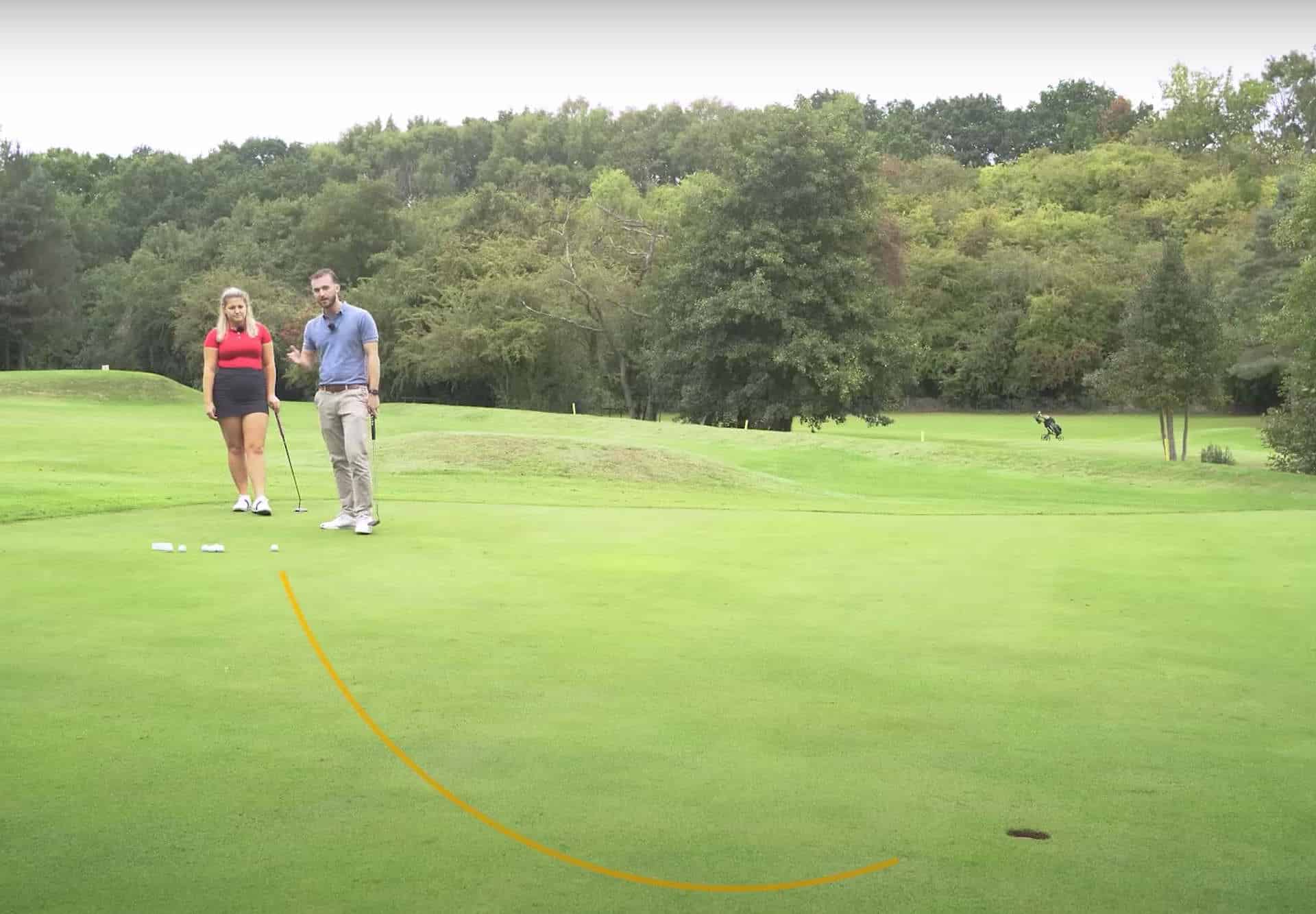
Deadly sins of putting: Doubting yourself
Dr Bob Winter is one of the leading mental coaches in the world. Winter is a mind game coach at DLGA and has helped golfers rise to the international stage.
He believes one of the main mental problems in golfers is that they can easily doubt themselves.
‘Doubting Thomas’ putting
Golfers who suffer from the ineffective attitude of a “Doubting Thomas” have too much clutter in their head when standing over their ball.
The worry and confusion this type of player feels when approaching a green is enormous. After all, if they miss a drive or fairway shot they can always recover. But on a four-foot par putt, you can never recover from the miss. That’s a shot gone. Worrying about the out- come creates a special form of doubt.
The ‘Doubting Thomas’ putter worries about everything. They worry about whether they will make or miss a putt. They are unsure of the line, and not entirely comfortable with the pace at which to roll the ball. Then they questions his green-reading ability. Then questions how much break has to be factored in order to get the ball to roll into the hole.
The significant thing to bear in mind here is that all great putters believe they can and will be successful on the green long before they actually get to the ball and study what they have left. The ‘Doubting Thomas’ golfer is just the opposite. And nothing poses greater interference to effective putting than having self-doubt when standing over the ball.

Fixing your doubts
The basic issue that creates a doubt-filled mind is that doubters are poor at decision making. And even worse when it’s time to pull the trigger and roll their ball. This indecision only increases the anxiety they have when they are on the green.
The cure for a doubter, then, is to become steadfastly “sure” about what they want to do long before they step into the ball and address their putt. By having a thought-out blueprint, the golfer eliminates any random variables likely to enter their mind because he/she has created a specific picture and plan for the putt at hand.
Another way to stem doubt from indecision about the line is to look at the journey to the hole from behind the ball and as low to the ground as possible. This perspective is your truest visual view and the one you should trust once you step into the ball to address it.
A problem a lot of golfers have to deal with is that they change their mind when they get over the ball due to the confusion created by a phenomenon known as visual parallax. A term given to the optical illusion caused by viewing a line to a target from a different perspective.
Understand that your first look from behind the hole is your best view of the line – so trust it. And remember, a putt hit with absolute conviction has a much better chance of success than a half-hearted stroke! Even if the putt fails, you have at least committed to the idea of rolling the ball down the line at the appropriate speed.










